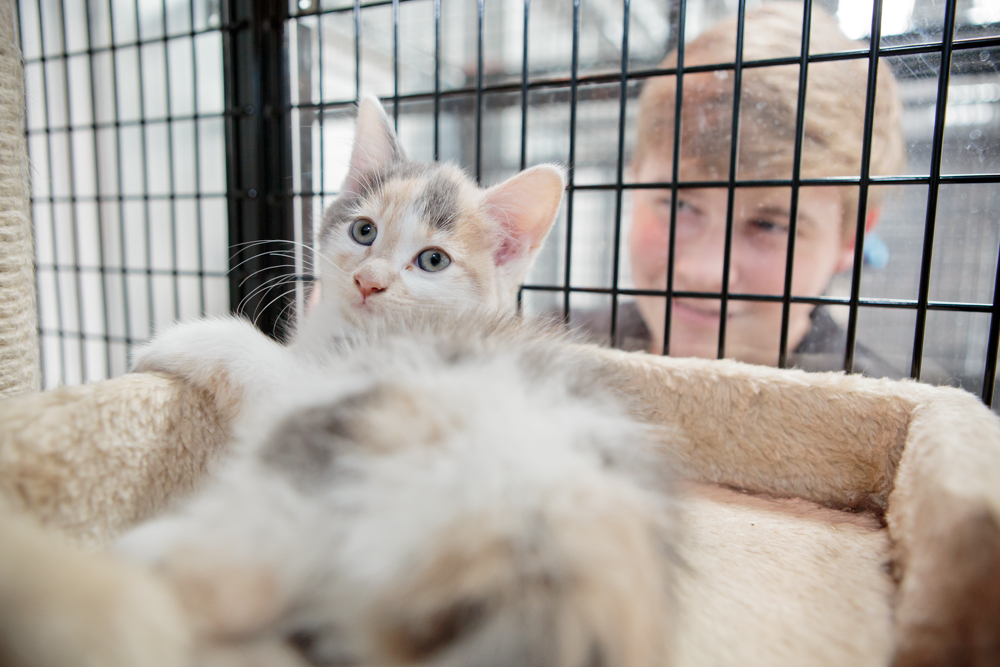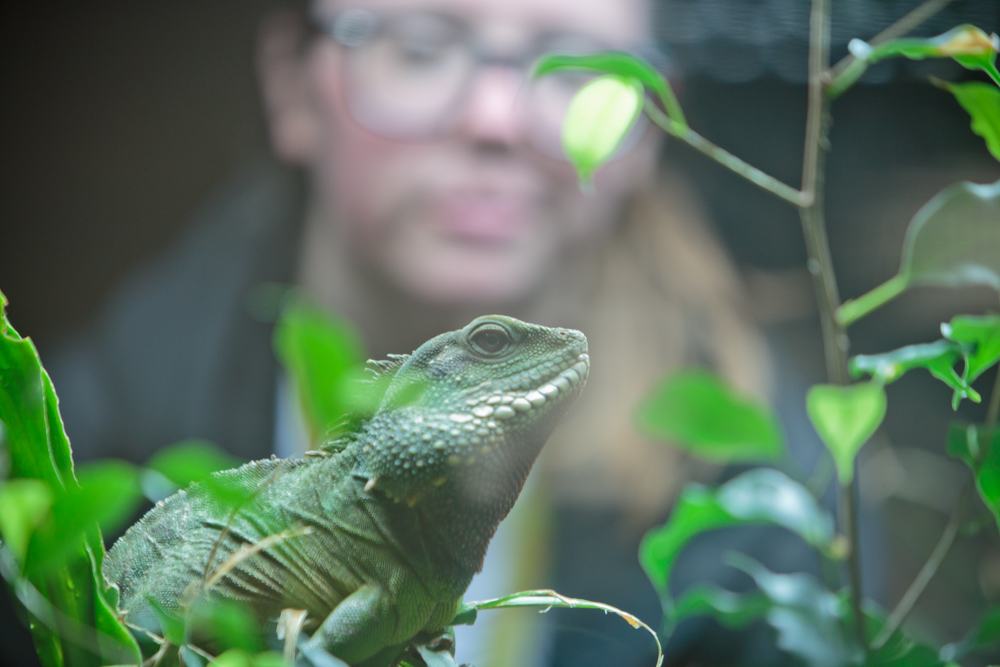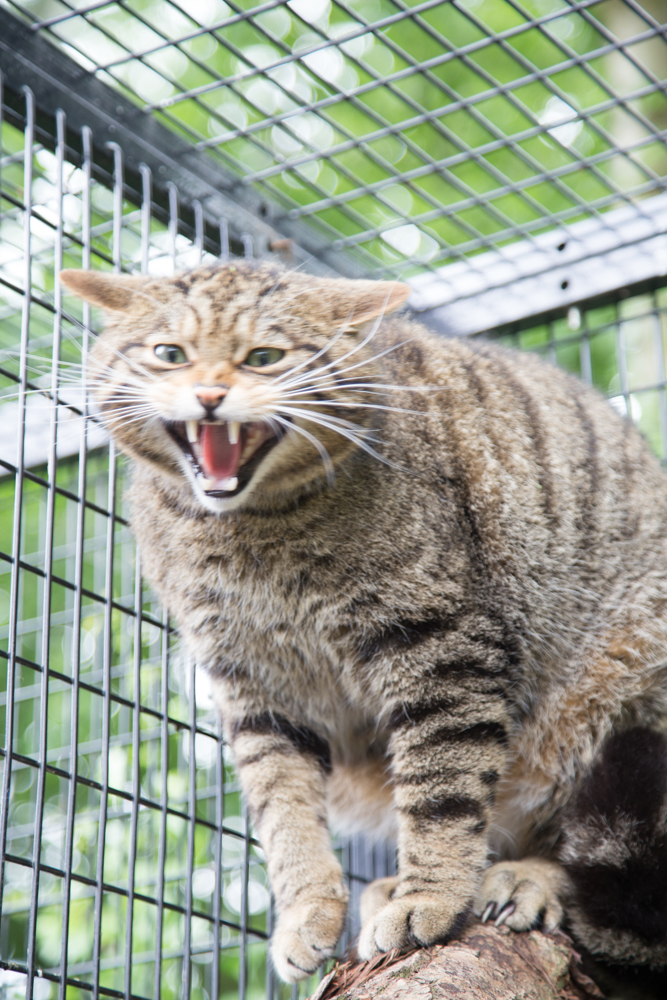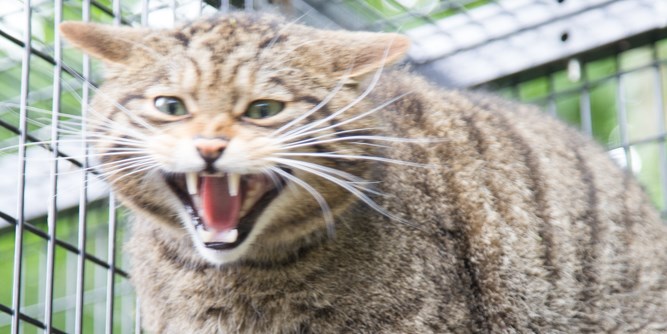Course modules
Year 1
Animal Health and Nutrition (1.5 module)
The module will discuss the aetiology of diseases and associated characteristics. The module will develop plans for animal health enhancement and disease control strategies and introduce the concept of pharmacological control. This module also aims to explore the biological and biochemical principles which underpin animal nutrition and further develop scientific knowledge as a basis for the continuing acquisition of information. The module will develop a critical interest in current applied research in animal health and nutrition and how this may be applied to practical animal feeding management and production with due consideration to commercial, health, environmental and welfare factors. This module also aims to explore the biological and biochemical principles which underpin animal nutrition and further develop scientific knowledge as a basis for the continuing acquisition of information. The module will develop a critical interest in current applied research in animal health and nutrition and how this may be applied to practical animal management and production with due consideration to commercial, health, environmental and welfare factors.
Animal Anatomy and Physiology
The module aims to enable the students to describe the natural anatomical and physiological mechanisms that control behaviour, reproduction and defence against disease and impact on an animal’s welfare.
Animal Husbandry
This module aims to develop a practical appreciation of the natural behaviour patterns of captive animals considering environmental effects of housing, handling and management practices.
Practical Animal and Professional Skills
This module aims to develop student academic, cognitive, professional, industry, digital and transferable skills in order to help the transition from further to higher education and from dependent to independent learning. These skills will be developed in the subject specific context in conjunction with other modules and will underpin subsequent years of study. Through personal development, the module also aims to aid future graduate employability potential and will provide the foundation for further development through study on the ‘Integrated Industry Project’ module at Level 5 and ‘Research Project’ at Level 6.
Animal Behaviour and Training
This module aims to develop a practical appreciation of the natural behaviour patterns of animals considering environmental effects. Alongside understanding the principles of species and breed specific factors affecting the animals’ behaviour, this module will examine how these can be adapted as part of a training regime to meet the complex and varied roles demanded of animals. The module will outline the biological principles of animal behaviour and develop an appreciation of current animal behaviour issues. Current applied research will be used to develop scientific knowledge in animal behaviour and will allow students to apply this knowledge to the diverse roles of animals in society and the role of the animal caretaker in forming behavioural responses in the animal.
Introduction to Animal Welfare
This module aims to introduce learners to the field of animal welfare. Current welfare guidelines and policy will be explored in order to develop an appreciation of how welfare principles apply to different aspects of the animal industry. Ethical principles will also be debated and discussed in relation to animal welfare and how these could be applied throughout the course.
Entry requirements & additional information
- Entry requirements
- Learning and assessment
- Progression
- Careers
- Professional accreditations
- Special requirements
Entry requirements
5 GCSE passes at Grade C (4) or above (including Maths and English or equivalent)
Plus 48 UCAS Tariff points from one or more of the following:
- 2 A-levels (A2), at least one at C or above
- BTEC/C&G Level 3
- 2 Scottish Highers at C or above
- 3 Irish Highers at C or above
- International Baccalaureate at 24 points
- NVQ Level 3 in a relevant discipline
- Access to HE Diploma in a relevant discipline
AS levels, BTEC Subsidiary Diploma and Scottish Intermediate 2s may be used to contribute to entry requirements but they are not sufficient for entry on their own. Alternative equivalent qualifications will also be considered positively.
Applicants who believe they may be eligible for Accreditation of Prior Certificated and/or Experiential Learning (APCL/APEL) for certain modules will be considered on an individual basis.
Applicants for whom English is a second language must be able to demonstrate proof of International English Language Testing System (IELTS) at level 6.0 (with no component score lower than 5.5) or equivalent. All offers may be subject to successful interview
Learning and assessment
Learning Environment:
Learning activities on the course are diverse, including lectures, seminars, tutorials, practical sessions and workshops. Students are expected to undertake extensive independent study and research to support lectures, seminars and assessments. Group work and group presentations form an important part of the course. Students will have access to specialist IT hardware and software, an on-line learning environment and reference facility.
Students will complete a variety of assessments including examinations and tests, practical assessments, essays, presentations, reports and group work.
There is no formal professional accreditation for this course. All students are encouraged to pursue membership of the Association for the Study of Animal Behaviour (ASAB) and British Society of Animal Science (BSAS).
Assessment:
Students will complete a variety of assessments including examinations and tests, practical assessments, essays, presentations, reports and group work.
Additional Information:
The course may involve visits or lectures delivered by external speakers who will outline the work/research interests of the various organisations they represent. This provides excellent opportunity to find out about both the technical issues and developments being discussed and the employment and career opportunities available in the various fields.
Individual modules can be selected and registered on for personal CPD purposes. These do not normally carry individual awards but a Certificate of Achievement can be given.
What work experience can I get?
There is no formal work placement on this course. The Academic and Vocational Skills module may utilise both on and off site working environments to provide the opportunity for students to develop real practical and technical skills and help prepare them for employment in their chosen subject area, however it is the students responsibility to locate a place in industry in order to facilitate this module.
Progression
On successful completion of the course students may progress onto the full FdSc. Subsequently and providing the Research Methods option has been successfully completed, students may apply for the final year of the BSc (Hons) Animal Behaviour and Welfare course.
Careers
What careers can you follow?
The course is designed with the intention that its graduates will be able to function effectively within the canine industry from a fundamental scientific base. Examples of possible careers include:
Rescue Centre work
Kennel Assistants
Animal Insurance Advisors
Animal Collections and Sanctuary work
Animal Technician
Professional accreditations
All students are encouraged to pursue membership of the Association for the Study of Animal Behaviour (ASAB) and British Society of Animal Science (BSAS) as well as pursuing scholarships and travel awards with other professional animal organisations. Students will also be encouraged to form links with local and national animal organisations such as the RSPCA, Blackpool Zoo and Guide Dogs for the Blind.
Special requirements
Laboratory coats are required for laboratory practical sessions. Waterproof clothing for field and outdoor visits
Extra Costs:
Additional costs for items that are essential for the course:
· Black Warehouse Coat - £15
· Laboratory Coat - £12
· Waterproofs and boots £50
Additional costs for opportunities and items that are optional for the course include:
· Field Study trip to South Africa £3,500
Latest news, Animal studies
-
Inspiring the next generation of cyber specialists
- Published
- Wednesday 26 February
-
SUCCESS STORY: Chloe becomes one of UCLan’s first ever trainee vets to graduate
- Published
- Monday 6 January
-
Industry accolade for Myerscough animal studies tutor
- Published
- Tuesday 19 Nov 2024
-
Higher education Research Conference a success
- Published
- Friday 8 Nov 2024
-
Unforgettable South Africa experiences for animal studies students
- Published
- Thursday 29 Aug 2024






